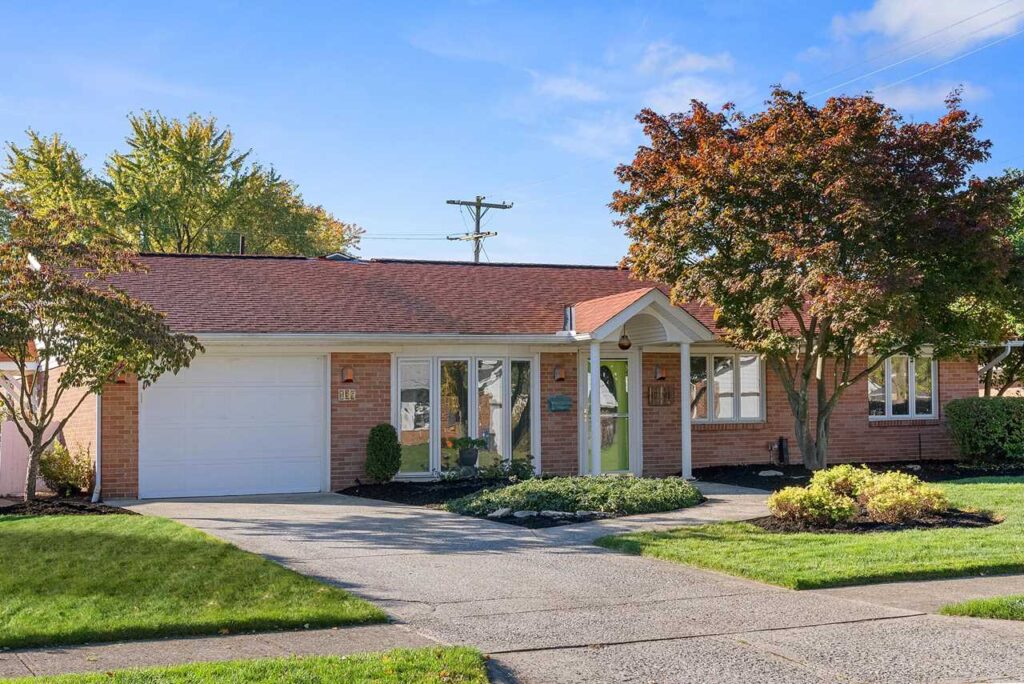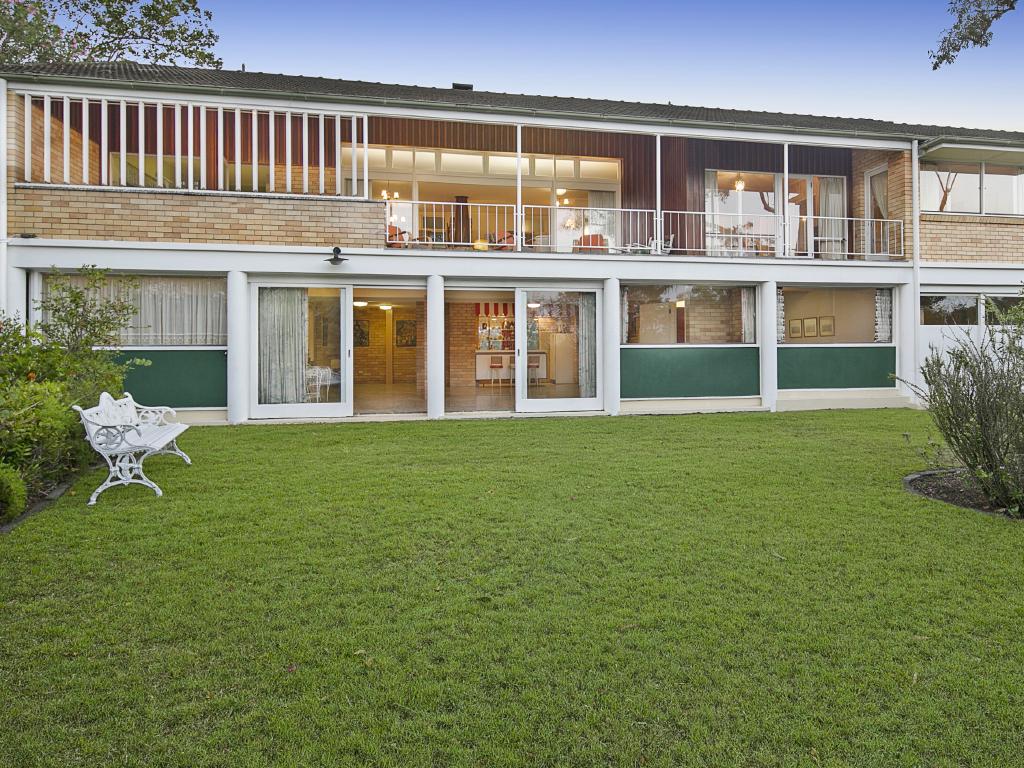Choosing the finest property investment strategies for you might be difficult, particularly if you’re a beginner.
Give yourself credit, however!
Making the actual choice to participate in the property investment australia is a significant portion of the challenging process that you have already completed.
If you can take one risky step in the direction of a prosperous financial future, the next few shouldn’t be too difficult.
We’ve put together a list of some of Australia’s most well-liked property investment strategies to help relieve any strain you may be experiencing.
This list seeks to provide you some guidance when choosing the best property investment strategy for you, even though there is no “one size fits all” approach to real estate investing.
1. Getting a Home of Your Own
The purchase of a primary residence is one of the most common property investment strategy in Australia.

Even though you don’t start making money from the property you buy right away, the two biggest financial benefits of this strategy for investing in real estate are:
- Your cost base is likely to increase significantly in value, especially if you make any renovations and/or keep the property for a long time.
- If and when you decide to sell the property, you won’t have to pay capital gains tax.
In general, this is how most Australians first enter the real estate market.
2. The Buy-and-Hold Real Estate Investment Approach
The purchase and hold method for investing in real estate entails buying a property with the ultimate intention of keeping it for an extended period of time to produce capital growth.
One of the simplest methods for investing in real estate is just buying the property and waiting for it to increase in value.
It may take up to 7 to 10 years before you see any financial gain from your investment property if you choose this course of action, which is the main drawback.
However, you may utilize the home to make money through rentals while you wait to see capital development.
The rental income can pay the mortgage, and it has one important advantage: tax benefits for investment property!
Knowing about your investment property tax deductions might be the difference between having positive cash flow and just trying to make enough money from your property investment.
Tax depreciation, interest on the loan you used to acquire the property, and rental charges including advertising costs, utility bills, and insurance are all allowable deductions. Moreover, on any occasion you can contact flower delivery sydney.
3. The Property Investment Strategies
Simply put, gearing refers to the process of purchasing investment property using borrowed funds.
Negative Gearing
Negative gearing happens when you borrow money to purchase real estate and your rental income, for instance, is less than your out-of-pocket costs.
In other words, you’re struggling.
Although operating at a loss is not ideal, it is not truly that awful under Australian tax rules.
Property investors are permitted by the Australian Tax Office (ATO) to deduct any losses they incur from their taxable income.
Typically, property buyers who are looking for long-term capital gain do not anticipate making money from rent.
Therefore, they often combine the negative gearing technique with the “buy and hold” real estate investing strategy.
Rent may help cover costs while the investors wait to profit from the property’s long-term capital development.

Example 1: Linda paid $330,000 for a rental property in 2017.
She was able to pay for a portion of the expense but borrowed $300,000 to make up the difference. She must pay $21,000 in interest yearly on the debt.
In order to invest in real estate, Linda has chosen the “buy and hold” method, and she is now renting out her home. She collects $350,00 in rent every week from her renters, which equates to $18,200 in yearly rental revenue.
$350,00 x 52 weeks is $18,200 in yearly rental revenue.
Yearly rental revenue of $18,2000 less annual interest payments of $21,000 is a loss of $2,800.
Since Linda is operating at a $2,800 annual loss, her property is “negatively geared.”
However, she may gain by lowering her taxable income by $2,800, which would result in her paying less tax on her investment property.
Positive Gearing
On the other hand, positive gearing entails having an income that exceeds your costs.
In other words, your investment property constantly generates a profit, and you may utilize the extra money to, say, lower the amount of your loan.
You will, regrettably, be liable to a higher marginal income tax rate as a result of this.
Which kind of real estate investment is best for you?
Your circumstances, goals, market location, and chosen investing style will determine the best property investment type. The greatest investment property might be hard to choose, even if many accredited investors prefer a clearer solution. Choosing the ideal form of property involves weighing the advantages and disadvantages of each possibility. Investors should still keep a few important factors in mind as they look for the best property investment option. It is at this point when professional advice is required. Don’t worry; you are welcome to contact me at any time with questions.
I advise enrolling in a property investment program before beginning any new initiatives. By enrolling in this program, several of my students have completely changed their professional lives. You could follow them.
I swear to help you with anything, even no-money-down and joint venture agreements. Sign up for the list and let success knock at your door.
Keep in mind that many Australian property investors find success with a variety of property kinds when choosing the best investment property type for you. Investors seldom begin with residential properties before moving on to commercial ones. There is no reason why investors can’t be successful with different kinds of property.
Final thoughts
The demand for houses and other real estate assets is rising daily as a result of the expanding population. The moment has come to roll up your sleeves and compete fiercely for the top spot in the property development industry.

